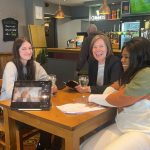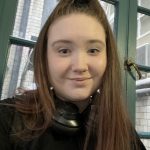 Produced by Guest blogger
Produced by Guest blogger
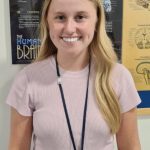 This is a guest blog post written by BSc (Hons) Psychology with Forensic Investigation student, Georgia Stevenson. Georgia is currently taking a placement year working as an honorary Psychology Assistant at the Queen Elizabeth Foundation’s Care (QFC) and Rehabilitation centre.
This is a guest blog post written by BSc (Hons) Psychology with Forensic Investigation student, Georgia Stevenson. Georgia is currently taking a placement year working as an honorary Psychology Assistant at the Queen Elizabeth Foundation’s Care (QFC) and Rehabilitation centre.
Here at QEF Care and Rehabilitation Centre, we help people regain their quality of life following an acquired brain injury, stroke, incomplete spinal injury, or neurological illness. My role here involves supporting individuals, couples, and families in coping with the impact of acquired disabilities such as stroke or brain injury.
No day ever looks the same but to summarise I work alongside Dr Holly Hurn, a clinical psychologist, who provides weekly supervision. I run weekly individual and group sessions, participate in MDT meetings, and support the clinical psychologists by interpreting data, writing guidelines, and assisting with discharge reports.
In more detail, there are a number of groups I co-facilitate and assist with including cognitive stimulation therapy and behavioural activation groups. During the first two years of my degree, I learnt the theory of behavioural activation which these groups are based on. We support clients to set SMART goals, with the aim that when they achieve these, they will naturally release serotonin and dopamine.
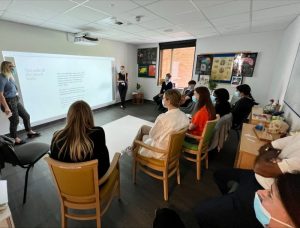
On top of this, myself and another placement student have created a prayer group to support clients who wish to explore their faith during difficult times. I also co-facilitate relaxation group (a highlight of Tuesday afternoons!)
The individual sessions involve conducting neuropsychological assessments, supporting clients with low mood/difficulty adjusting to their injuries and helping support cognitive difficulties through strategies and interventions.
I have thoroughly enjoyed working with the team here at CRC, they’ve made the placement experience that much more amazing. I’ve worked alongside some amazing colleagues including physios, occupational therapists, and speech and language therapists. The environment was made of mutual respect, and I was encouraged by everyone, gaining increased knowledge in neuropsychology and rehabilitation.
My proudest moment was presenting stroke audit data to the care and rehabilitation team. Alongside another placement student, we conducted research and collated data which looked at admission and discharge scores to see whether our treatment as a psychology team and wider team is successful. Before starting my placement, this is something I would never have wanted to do as I hated public speaking, but since placement I feel more confident doing this.
To say that my placement came without challenges would be a lie, after all, it is a very challenging job as you are working with vulnerable individuals with a variety of difficulties. However, it has been such a rewarding field to work in, I couldn’t recommend doing a placement enough. The supervision from Dr Holly Hurn has helped me flourish personally and professionally.
After I graduate, I am taking some time off to travel and hope to return to the centre or acquire another assistant psychologist job – eventually applying to complete a psychology doctorate. For anyone thinking about completing a degree in psychology at BU, you’ll gain a wealth of knowledge and support to help you to apply to roles like mine, and hopefully have the best experience like I have.
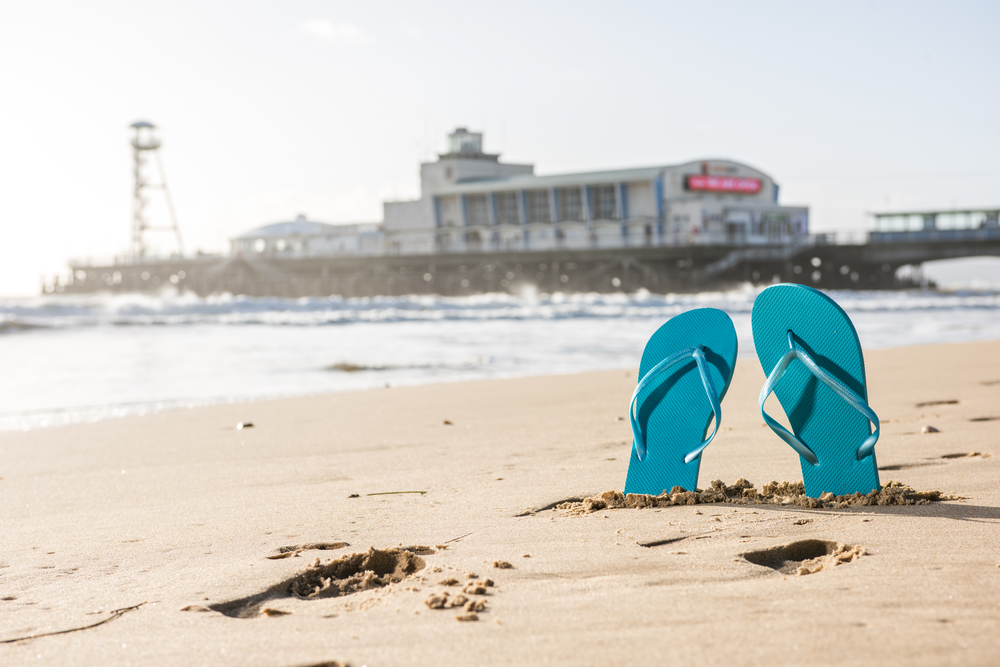
 Giggs Lee’s placement experience
Giggs Lee’s placement experience Reflecting on my placement year at the Walt Disney Company
Reflecting on my placement year at the Walt Disney Company Abbie’s placement experience working in a secondary school
Abbie’s placement experience working in a secondary school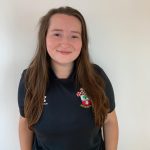 My Southampton Football Club placement during a pandemic
My Southampton Football Club placement during a pandemic



